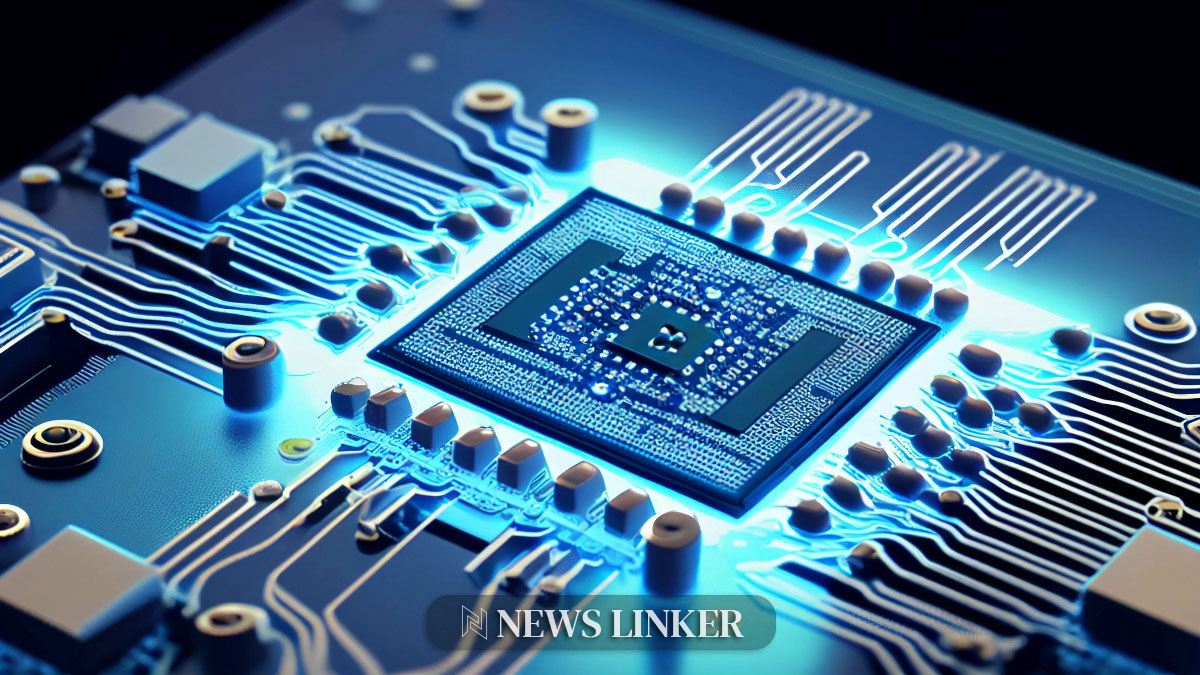Recent bans on Nvidia’s AI chip exports to China have seen the country’s AI startups in a whirlwind, looking for substitutes. Nvidia, in an attempt to sidestep the ban, released chips with toned-down performance. Yet, the Biden administration piled on more restrictions, particularly targeting Nvidia’s A800 and H800 chips. While these bans primarily aim at deterring China’s military utilizations, startups, especially those capitalizing on the rise of large language models, seem to be the most affected.
The scramble has led big tech corporations like Alibaba, Baidu, ByteDance, and Tencent to make substantial orders. Not to be outdone, Baidu unveiled its flagship foundation model, Ernie 4.0, boasting of its comparable prowess to GPT4 and a growing user base. Despite chip limitations, the growing demands and intricate regulatory landscape in China are spurring the growth of generative business intelligence services, like Qianfan.
Domestic Surge Amidst International Tensions
As the U.S. continues to tighten its grip on China’s semiconductor exports, Chinese chip equipment manufacturers are seeing a silver lining. Companies such as Naura and AMEC are securing more tenders than ever, suggesting a move towards domestic reliance.
Recent data reveals that nearly half of all machinery equipment tenders from Chinese foundries in the initial months of 2023 were won by local manufacturers. This shift towards self-sufficiency isn’t coincidental. The U.S. measures against China’s chip industry are nudging Chinese enterprises to view self-reliance as more than just an ideal, but a necessity.
Interestingly, this shift hasn’t just been in response to U.S. restrictions. China has been steadily increasing its imports of chip equipment from countries like Japan and the Netherlands. However, as these countries potentially align with U.S. restrictions, China’s reliance on foreign equipment seems precarious.
Technological Leap and Challenges Ahead
Even with advancements, there are areas where China is still catching up. One such area is lithography. Despite being a global competitor in sectors like etching and cleansing, China’s inability to procure state-of-the-art EUV lithography machines needed for advanced chips is evident. Still, this hasn’t deterred companies like Huawei Technologies from making impressive strides, indicating the country’s resilience and innovative spirit.
China’s accelerating pivot towards domestic solutions in the semiconductor space emphasizes its determination to be self-reliant amidst global tensions. While the nation exhibits impressive growth, its journey in achieving full self-reliance, especially in advanced semiconductor equipment, is still unfolding. Yet, the rapid progress and the spirit of innovation within its domestic industries offer a promising glimpse into the future.










